| Content | | | | Hydroponics is described as the process of growing plants or crops in water without the use of soil. Through the Hydroponic Process, plants grow in water containing nutrients. Examples of this type of hydroponic systems includes NFT (nutrient film technique) systems and deep-water float systems where plant roots are set in nutrient solutions. Another definition of hydroponic is growing plants without soil. Hydroponics eliminates soil and soil-borne pests and disease, so there is no need to use large amounts of pesticides. This, in turn, reduces soil erosion as well as air and water pollution. Pesticides from traditional soil-based agriculture run off into rivers and streams, harming fish populations. Hydroponics is not only beneficial to your health, but it is also beneficial to the environment. As previously stated, it is a more sustainable method of growing vegetables, so it has a lower environmental impact. Hydroponic gardens can also help to improve air quality. | Regular consumption of Jhinga increases the performance of the stomach and digests the food. Beneficial in Diabetes: Peptide enzymes present in shrimp reduce blood sugar levels. Also regulates blood insulin levels. As a result, Jhinga is very beneficial for diabetic patients.
We are providing chemical-free organic Sponse Gourd (Jhinga) which is produced on our organic farm. | 'Chichinga or Kaida or Kuushi or Hoida (English: Snake gourd) (scientific name: Trichosanthes cucumerina) is a soft vegetable like Zing but longer or sometimes twisted like a snake. It is a member of the Cucurbitaceae family like shrimp, gourd, cucumber, pumpkin, etc.
Chichinga will dry any kind of wound on the body quickly. Constipation is relieved due to its high fiber content. It contains various anti-inflammatory properties. So protects the body from infection. |
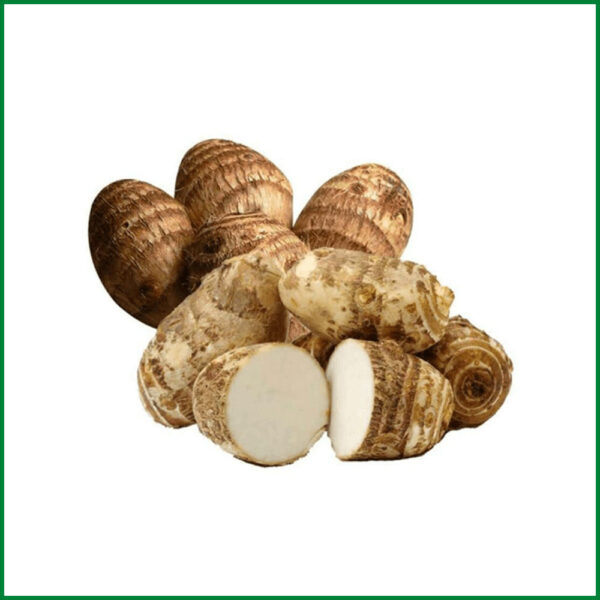

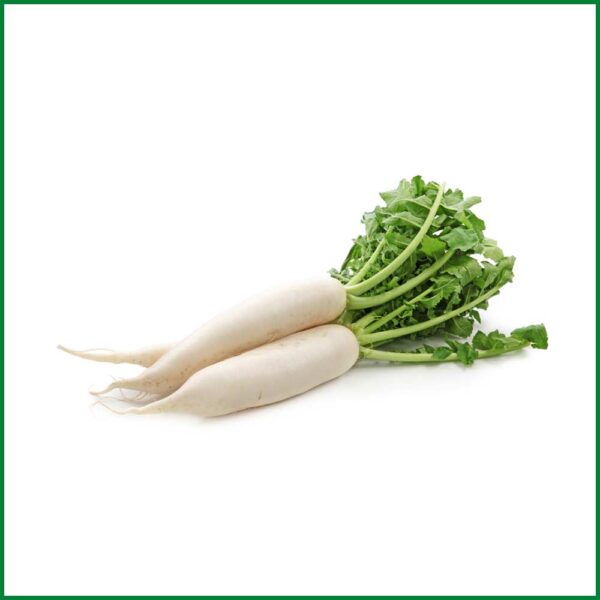
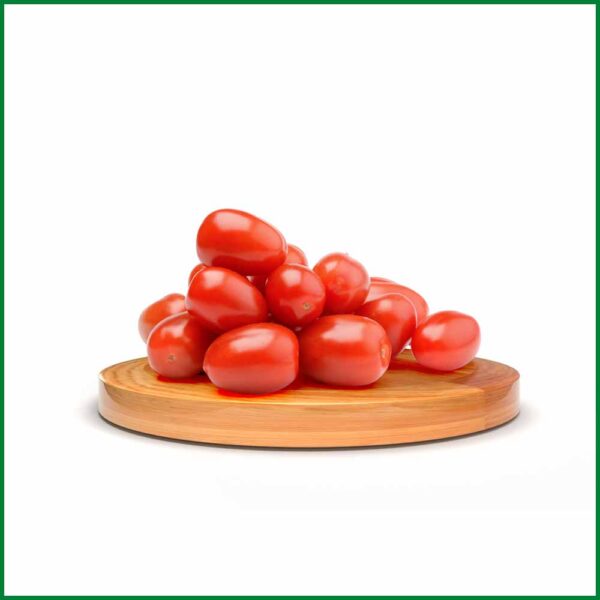
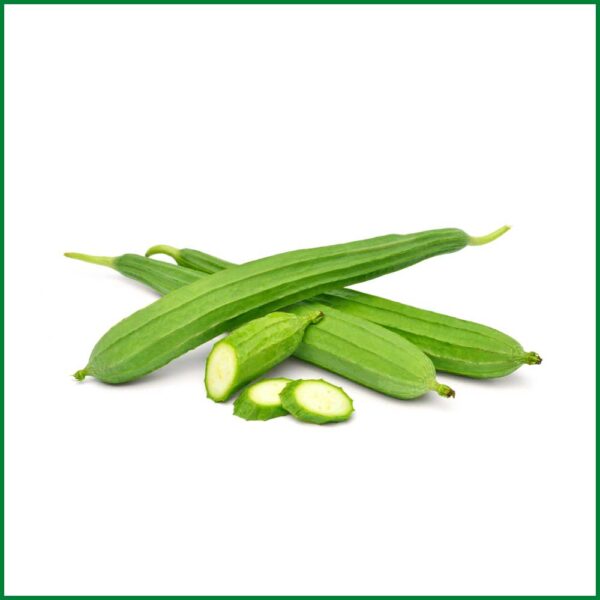


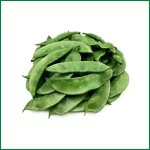
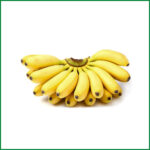
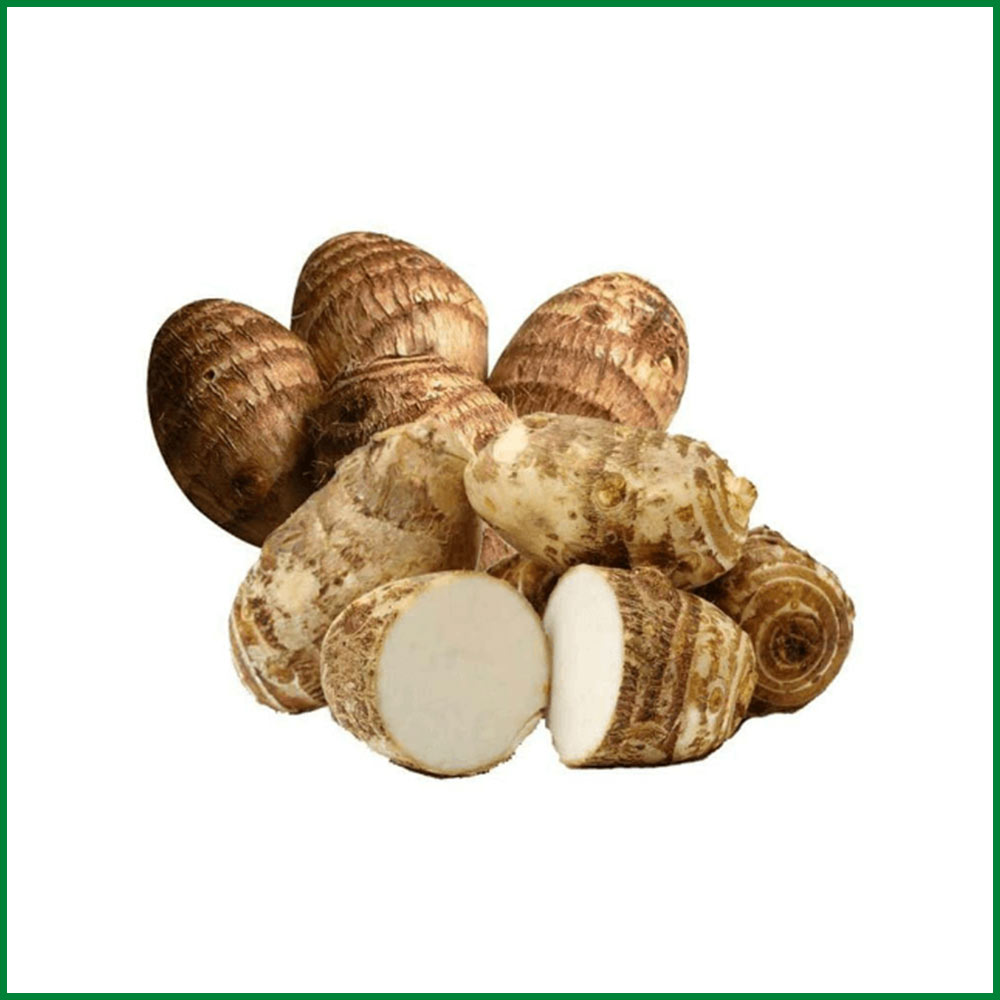
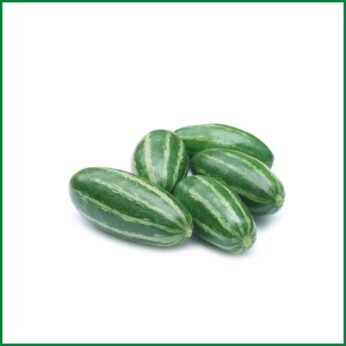
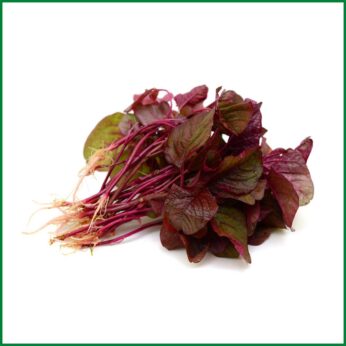
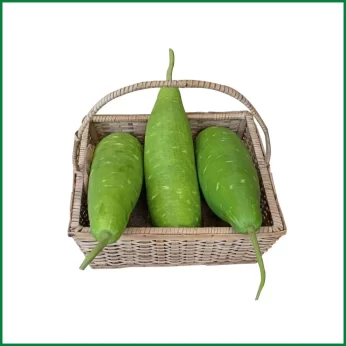
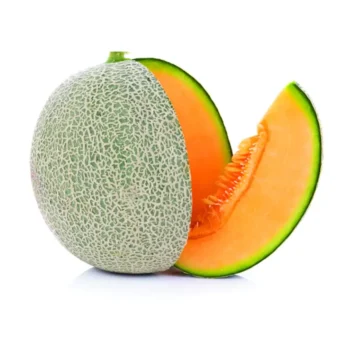
Reviews
There are no reviews yet.